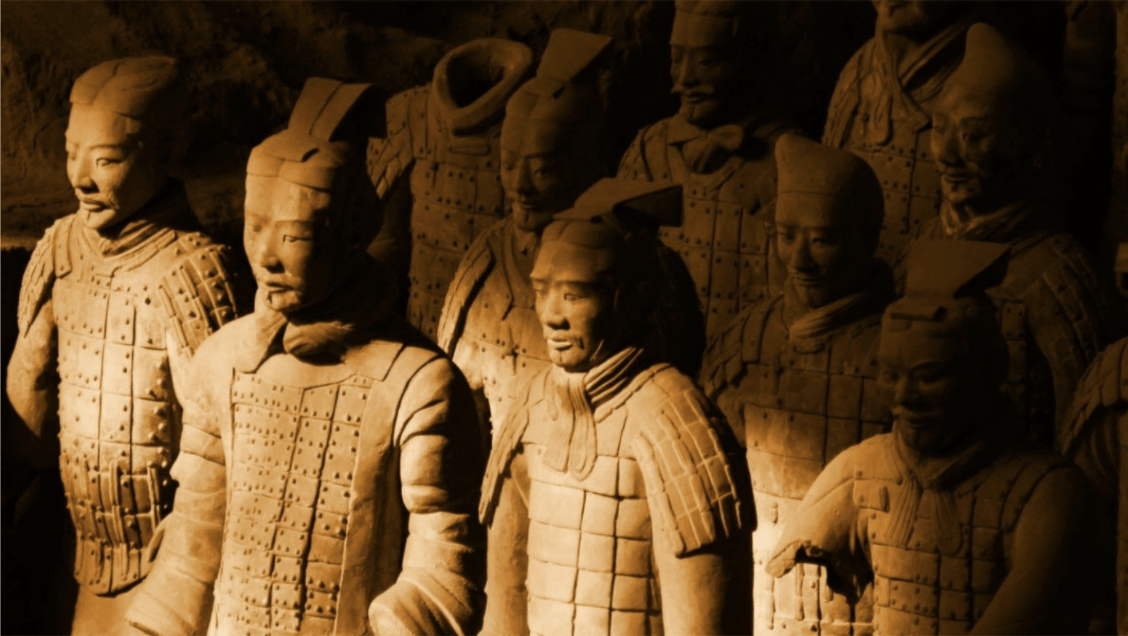Aphrodisias
A Case Study in Costing Late Antique Circuits
By Christopher Williams
I. Introduction
Throughout Late Antiquity, spoliated material became a more common feature in many building projects across the Roman Empire. While it is often assumed that this increase in spolia is linked with economic degradation, this may not be the case…









